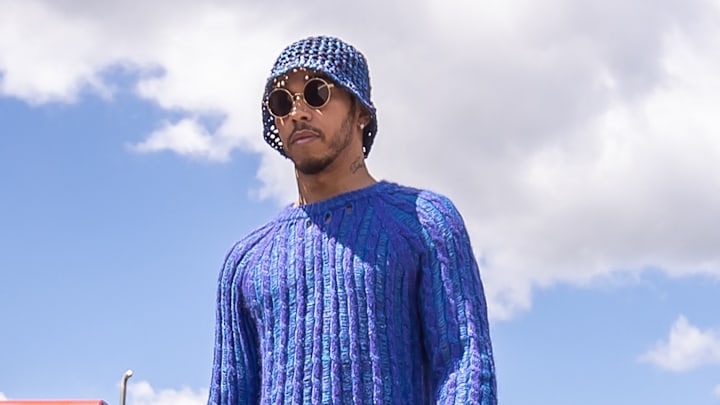The Importance of Different Styles of Fashion

Fashion is more than just clothing; it is a powerful form of self-expression, a reflection of culture, and a medium for social change. The diverse styles of fashion—ranging from haute couture to streetwear—play a crucial role in shaping individual identities, influencing societal norms, and fostering creativity. Understanding the importance of different styles of fashion can help us appreciate their impact on both personal and collective levels.
One of the most significant aspects of fashion is its ability to serve as a form of self-expression. Different styles allow individuals to showcase their personalities, beliefs, and lifestyles. For instance, someone who embraces bohemian fashion may prioritize comfort and individuality, opting for flowing fabrics and earthy tones. In contrast, a person drawn to classic styles might prefer tailored clothing and timeless pieces that convey sophistication and professionalism. These choices enable people to communicate who they are to the world without saying a word.
Fashion is also deeply intertwined with cultural identity. Various styles often reflect the heritage and traditions of specific communities. Traditional garments, such as kimonos in Japan or saris in India, carry significant cultural meaning and are worn with pride during celebrations and ceremonies. By embracing and promoting these styles, individuals can honor their roots while educating others about their culture. This cross-cultural exchange fosters greater understanding and appreciation of diversity in fashion.
The influence of fashion extends beyond personal identity and cultural expression; it also plays a critical role in societal change. Throughout history, fashion has been a vehicle for movements advocating for equality and justice. For example, the women’s suffrage movement in the early 20th century saw women adopting more practical attire as they fought for their rights. Similarly, contemporary fashion has become a platform for social issues, with designers using their collections to raise awareness about climate change, gender equality, and body positivity. This advocacy through fashion empowers individuals to take a stand and express their values.
Fashion styles also evolve with societal trends, often reflecting the zeitgeist of a particular era. The rise of streetwear in the 21st century, for instance, showcases the influence of youth culture and the blending of comfort with high fashion. Brands like Supreme and Off-White have transformed casual clothing into coveted pieces that blur the lines between luxury and everyday wear. This evolution demonstrates how fashion adapts to societal shifts, allowing individuals to connect with broader cultural movements.
Moreover, the accessibility of various fashion styles has democratized the industry, allowing individuals from all backgrounds to participate. Fast fashion retailers offer a wide range of trendy clothing at affordable prices, enabling consumers to experiment with different looks and find their unique style. While this has raised concerns about sustainability and ethical practices, it has also empowered many to express themselves through fashion without financial constraints.
Fashion is also an art form, with different styles providing a canvas for creativity. Designers and artists continuously push boundaries, exploring innovative materials, techniques, and concepts. Avant-garde fashion challenges conventional norms and invites discourse about beauty, identity, and society. By embracing various styles, fashion fosters an environment where creativity thrives, encouraging individuals to think outside the box and appreciate artistic expression.
In conclusion, the importance of different styles of fashion extends far beyond aesthetics. Fashion serves as a powerful medium for self-expression, cultural identity, societal change, and creativity. By understanding and appreciating the diverse styles available, we can celebrate individuality while fostering a greater sense of community and connection. Fashion is not just what we wear; it is a reflection of who we are and a canvas for the stories we wish to tell. As we navigate the complexities of modern life, embracing the richness of fashion can inspire us to express ourselves authentically and engage with the world around us.